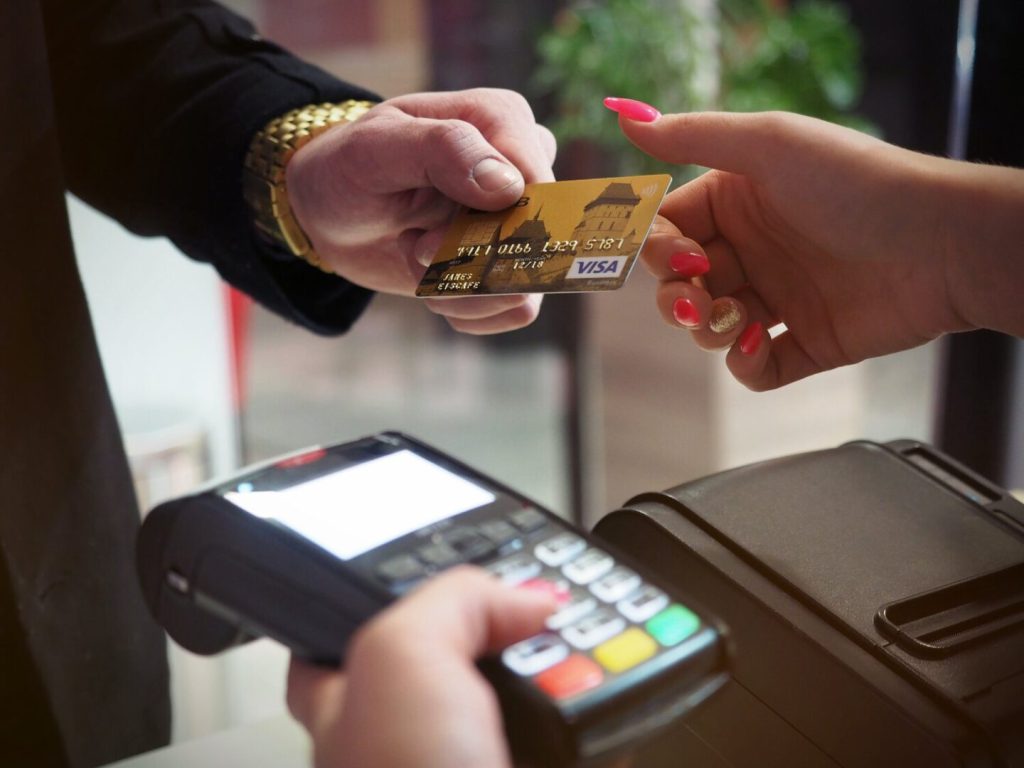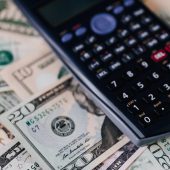If you are more than ready to take control of your finances and stop worrying about money, here is some good news: a combination of small but meaningful steps will allow you to have more cash in your accounts at the end of the month and also reach your financial goals.

DON’T WORK MORE, SPEND LESS
To increase the amount of money you have in your checking account, you might be tempted to try a side hustle or ask the boss for overtime. Instead of toiling away and spending even more time away from home, focus first on spending less. Take an honest look at your expenses and see where you can cut back. For instance, if you are paying $75 for a family gym membership that is literally never used, canceling it will “earn” you 75 extra bucks a month without working a minute of overtime. Check out your phone bill, you might be paying for unneeded services that can be eliminated. If you are a long-time customer of your cable company, try giving them a call to ask for a lower rate to reward you for your patronage. Other areas to trim include eating out, landscaping services if you own a mower, and are willing to cut the grass yourself, costly coffee drinks, and music and TV streaming services that you rarely use.

SET A BUDGET
Now that you have cut out the proverbial fat from your expenses, it’s time to get serious about budgeting. As financial expert Dave Ramsey notes, focus on creating a zero-based budget, which means your income plus all of your expenses, including savings and paying off debt, will equal zero. Recognize that every month will be different; for instance, in the late summer, you’ll have to budget for school supplies for the kids and be sure to set aside extra money here and there for things like veterinary bills and car maintenance.
EARN “FREE” MONEY
Thanks to things like credit cards that offer financial incentives, you can earn “free” money each month in the form of points, credits and cashback offers. For example, if you use a debit card to pay for gas and groceries, and are good about paying off credit card bills as they come in, consider switching to a Visa card that gives you cashback or points for every dollar you spend. USAA offers an American Express card that earns rewards points on gas and groceries, eating out, and other purchases. Members can also apply for a Rewards Visa that gives 1.5 percent back on every purchase. If you use these types of credit cards and pay off your balance to avoid an interest charge, the points you earn and/or cashback you receive will truly be “free” money that you can accumulate all year long.

SAVE YOUR TAX REFUND
If you typically get a nice tax refund each year, instead of using it to buy new tech gadgets or go on vacation, consider putting it in a high-yield savings account. As Reader’s Digest notes, if you put a $2,800 tax refund into an account that earns 6 percent annual interest and you continue to add this amount every year for 30 years, you will yield just over a quarter-million dollars to use during retirement. Another option is to work with your accountant to adjust your tax withholdings to reduce your refund and give you more of your own money each month; you can use this increase in income to add to your savings and/or investment accounts.

SMALL STEPS EQUALS HUGE PROGRESS
As you can see, you don’t have to make huge and uncomfortable changes to your life to reach your financial goals. Focus on spending less, using a rewards credit card and paying it off, setting a budget, and being wise about any tax refund money you receive, and you will be well on your way to getting your finances on track for 2020 and beyond.

















This site is protected by reCAPTCHA and the Google Privacy Policy and Terms of Service apply.